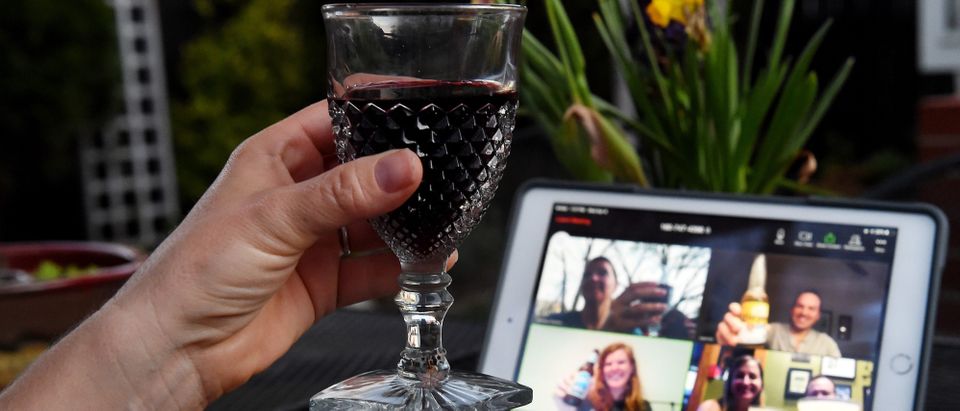Thousands of parents have expressed their concern over “zoombombing” to Twitter CEO Jack Dorsey through a letter sent Tuesday.
Nearly 9,000 parents have signed a letter spearheaded by Parents Together, a news site for parents, asking Dorsey to improve Twitter’s monitoring of “zoombombing” — a new trend where trolls hijack zoom calls and project everything from pornography to racial slurs.
“With so much of children’s education now moved online, we are asking you to stop putting our kids at risk and take immediate action to shut down the planning and spreading of this vile abuse,” the letter reads. (RELATED: Antisemitism, Racism, Porn, Crashing AA Meetings: Zoom Responds To ‘Zoombombing’)
The letter refers to incidents of zoombombing in recent weeks, including a hacker calling himself “MoLester” zoombombing a middle school class in Georgia and showing them pornography, and another zoombomber yelling anti-Semitic remark and stripping naked during a meeting of an all-girls Jewish school in Long Island.
“This is only the beginning,” the letter continues. “Schools have just moved online, the popularity of Zoombombing is growing, and platform-facilitated education may continue for many more months in the new school year. If you don’t stop what’s happening on Twitter now, it will get worse.”
The organization is asking Twitter to ban hashtags like #zoomcode, #zoomrade, and #zoombomb, as well as assemble a team that assesses risks posed on and by Twitter to children and implement zero-tolerance policies for racist and sexually inappropriate attacks against children, families, and others on Twitter.
Man exposes himself after hacking into school’s Zoom class meeting in one of America’s largest school districtshttps://t.co/lgJDg4jy6a #CyberSecurity #COVID2019 #CoronavirusUSA #News #TechNews #Privacy #Zoom #zoombomb #Parenting #Florida #InfoSec #COVIDIOTS #USA #COVIDIDIOT
— Joseph Steinberg (@JosephSteinberg) April 5, 2020
On Zoom, there is a default setting allowing any meeting participant to share their screen without permission from an event’s host, meaning that anyone with the link to a public meeting can join.
“We have been deeply upset to hear about the incidents involving this type of attack. For those hosting large, public group meetings, we strongly encourage hosts to change their settings so that only they can share their screen,” a Zoom Video Communications in a statement to the New York Times.
“For those hosting private meetings, password protections are on by default and we recommend that users keep those protections on to prevent uninvited users from joining.”


